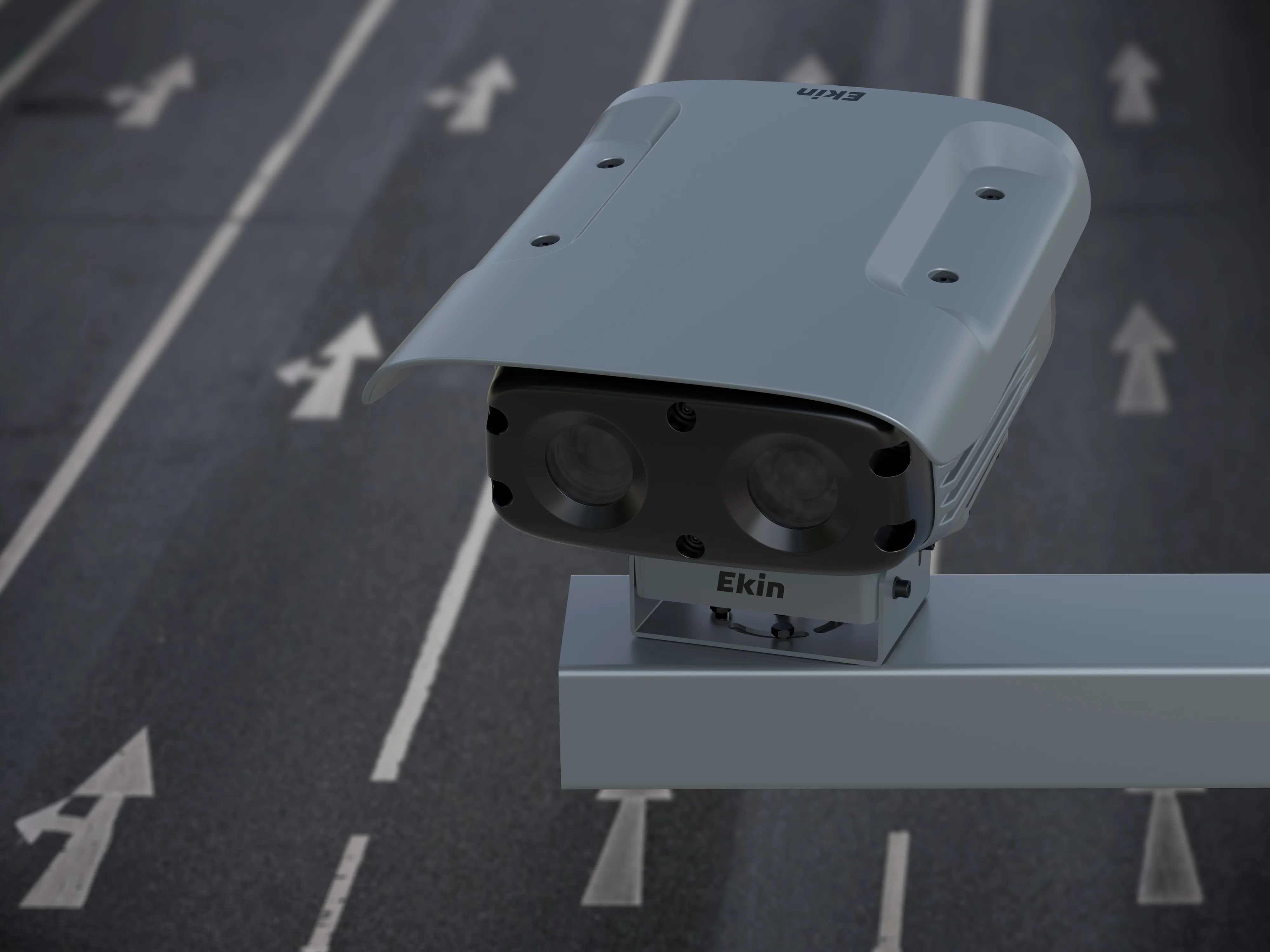Econolite has launched Centracs Signal Performance Measures (SPM), a cloud-based high-resolution traffic data collection and analytics software solution designed to improve traffic signal optimisation and continuous monitoring. It has been developed in support of the fourth round of the Every Day Counts (EDC-4) program of the US Federal Highway Administration (FHWA) that encourages implementation of automated traffic signal performance measures as a means to optimise traffic signal coordination and programm
July 31, 2017
Read time: 1 min
The
It provides continuous traffic data collection and analytics, enabling transportation professionals to proactively optimise signal timing, enhancing mobility and safety. In addition, Centracs SPM is suitable for deployment in connected and autonomous vehicles and Smart City applications.










